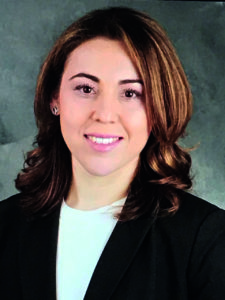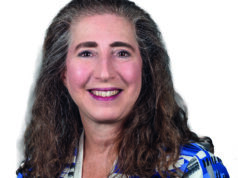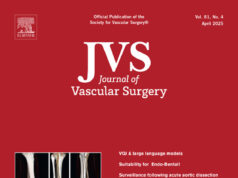
The #Medbikini campaign spread like wildfire following the publication of the journal article in question. Reading the manuscript seemed like we crossed the threshold of Lewis Carroll’s looking glass into a bizarre, flipped universe of odd definitions of professionalism, unethical study methods, and misogynistic and oppressive issues facing young surgeons—particularly female surgeons.
A storm of female healthcare professionals took to their social media platforms and began posting pictures in swimwear and with alcoholic beverages. It was a collective stand of solidarity, which moved away from a single publication and became a cry against the injustices towards women in surgery, medicine and society.
We have attained some incredible advances in modern medicine owing to our forward thinking and our commitment to progress. Yet, our attitudes towards women in medicine and surgery have clearly not followed suit. Female physicians and surgeons face a mountain of challenges rooted in gender inequality and discrimination: seen through the lens of conscious and unconscious bias.
Biases can be intentional (conscious bias); however, they can also be rooted in attitudes and beliefs formed outside our conscious awareness (unconscious bias). The biases towards female doctors are numerous and have serious consequences. We earn less money for equivalent work, hold fewer leadership positions despite equivalent qualifications, and we also experience harassment, poor treatment, depression and burnouts more frequently, all of which appears to be a consequence of the medical profession’s adverse alpha culture.

Whether you are a female medical trainee, surgical resident or a female surgeon, chances are you have experienced a form of misogyny or unfair treatment. Prior to even committing to a surgical specialty, we are continuously deterred. We have either been told or heard from female colleagues exploring surgery the following: “You’re a woman, your efforts should be focused on raising a family… choose a less demanding specialty.”
But has the thought not crossed your mind that maybe, just maybe, we can do both? The hardest challenge is honestly the implicit and explicit ways people tell us that we don’t belong. Opportunities and autonomy are not at all equivalent to our male colleagues, and we are ultimately brainwashed into feeling like it is a consequence of our poor performance. It’s a trap. We ask for more opportunities and advocate for ourselves, and we are labeled as aggressive. It happens everyday.

The “culturescape,” or the cultural landscape, is a term coined by the author Vishen Lakhiani in his novel “The Code of the Extraordinary Mind.” He dares readers to redefine their own views to recreate an environment they envision and yearn to be a part of. Translating this to the surgical culturescape, female and male surgeons are redefining the way they want to move forward, integrating a new vision of their culturescape and thereby redefining the cultural landscape for the next generation.
There is much work to be done to transcend this culturescape. The way in which the medical profession views female surgeons is nothing but a social construct; it’s been socially created, which means it can be socially challenged and recreated. We have the power as a society to reject sexist and misogynistic beliefs, and we have the power to choose what holds value and truth. So let’s redefine our perspectives. Female surgeons are not only intelligent and capable but we deserve equality.
The truth is, women can have accomplished careers but we can also be great mothers, wives, travelers, athletes, artists and, ultimately, human beings. Through the looking glass, we collectively had a chance to look at the backwards world women in medicine and surgery have been facing for years. But with clarity, vision and a unified voice, we have decided to break that glass and create a world we deserve.
Rita Mancini, MS, is a medical student at University of Montreal, Trisha Roy, MD, is a vascular surgeon-scientist at Houston Methodist DeBakey Heart & Vascular Center in Hosuton, and Laura Marie Drudi is a limb savage fellow in as AZ Sint Blasius Hospital, Dendermonde, Belgium.











